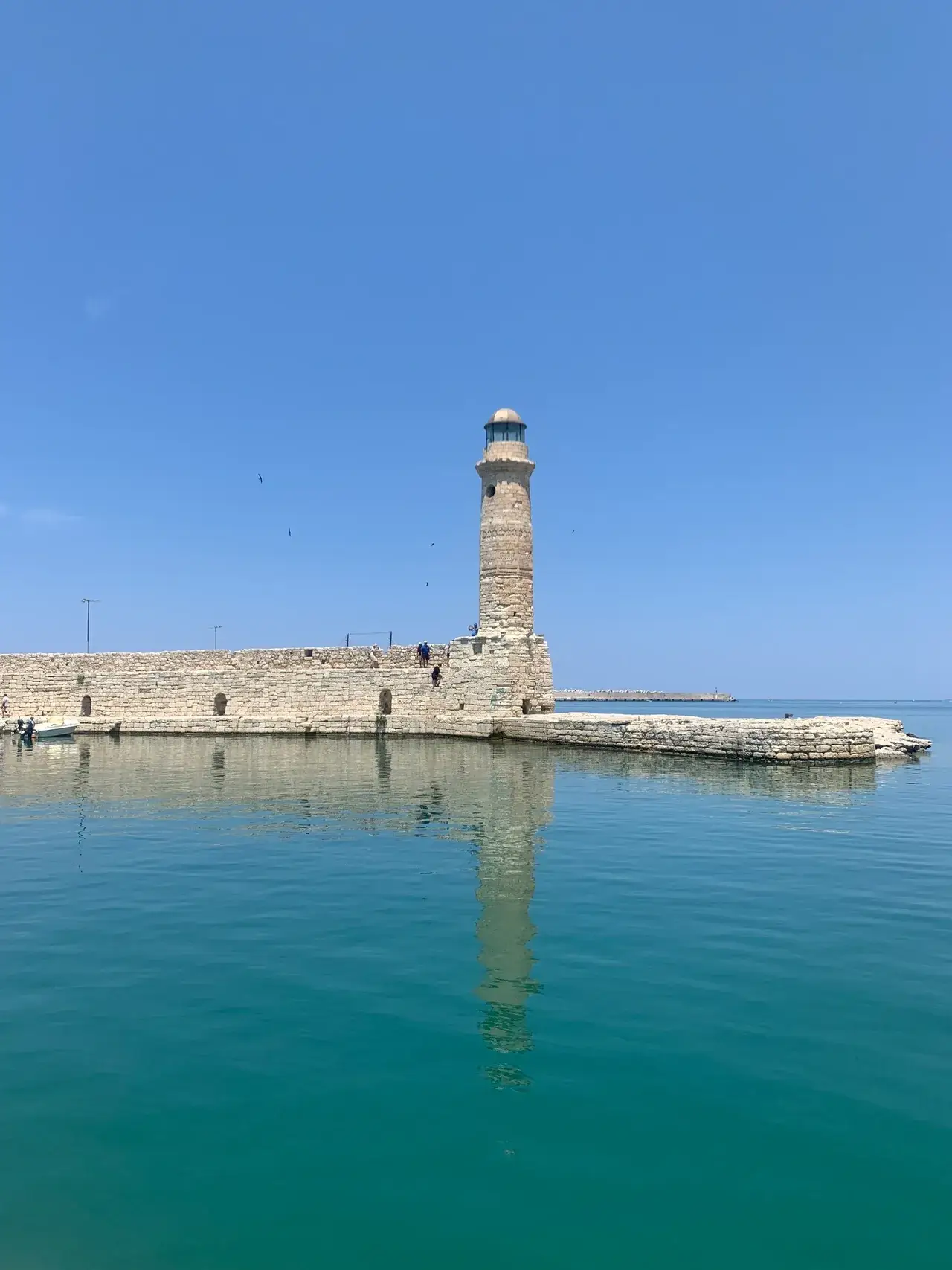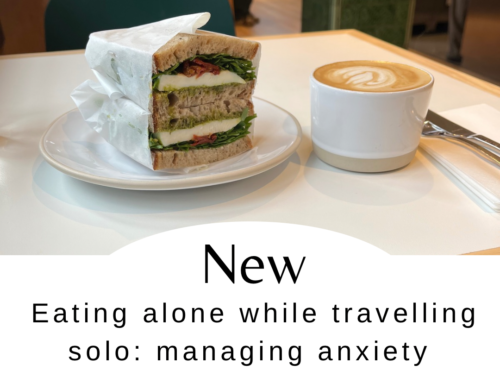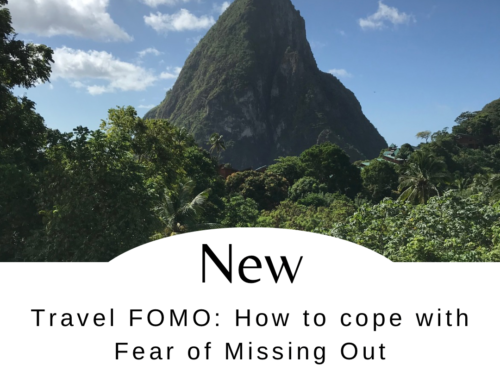By Dr Charlotte Russell and Dr Jill Dunbar, Clinical Psychologists
Here at the Travel Psychologist we write a lot about the psychological benefits of travel and we believe that these benefits should be accessible to everyone. But when you are travelling with mental health difficulties it is important to think carefully about how to manage this before you jet-off.
To help you to manage your mental health when you travel, we’ve put together this advice guide. This is general advice which we hope will be helpful, however every piece of advice may not be applicable for everyone. We would advise you to speak to your GP or mental health professional if you are feeling unsure or if you would like advice on your specific situation and difficulties.
Considerations to make before travelling
When travelling with mental health difficulties it is important to be prepared. The following sections will help you to plan how you will manage your mental health whilst travelling.
Consider whether your mental health is stable
Travel comes with a lot of change, new situations and stresses so it is important that your mental health is stable before you travel. Signs that your mental health is stable would include you having consistent routines, eating and exercising regularly, maintaining good relationships and being able to manage your work and home life. When your mental health is more stable you will feel more able to deal with challenging situations, and you won’t avoid them. Of course situations might feel stressful, and that’s ok, but you feel able to deal with them constructively and have ways to wind down.
If you are under the care of a mental health team it is important to collaborate with your team and to ask their opinion on your travel plans.
Identify and understanding your triggers
Having a good understanding of your triggers can help you to know how to cope with situations that you may find challenging. Your triggers will be individual to you and based on the kind of difficulties you experience.
For example:
· Anxiety triggers may be crowds, new situations, social situations or your own body sensations.
· Triggers when you have an eating disorder may be related to food or needing to dress differently on holiday.
· Triggers for low mood can include relationships, such as situations where we may feel invalidated or judged by others, or situations that might trigger self-criticism.
· Triggers for trauma or PTSD will depend heavily on the type or types of trauma you have experienced.
If you are unaware of your triggers it is likely that you will struggle to cope with them effectively. Psychological therapy can be an effective way to help you to recognise your triggers, understand how and why they have developed, and to help you build ways of coping. If you don’t have a good understanding of your triggers I would advise you to consider accessing therapy as a first step.
Have a plan to cope if you are triggered
Once you have a good understanding of your triggers, you can start to plan how you will cope if you feel triggered. Your plan might include grounding-techniques or relaxation techniques. You might take yourself away from the situation if you can. For situations such as airports and planes where you will be confined, make sure you have a selection of activities to keep you entertained such as books, music, podcasts and videos downloaded to watch on your phone.
Some airlines encourage individuals with anxiety or other mental health challenges to let them know in advance of travel so that they can assist you if necessary. Keep in mind that cabin crew are trained to deal with emergency situations and the more information they have the better. If you think you may have a panic attack while flying, call the airline in advance and they will inform the cabin crew that you may need extra support. It can also be helpful to write down a small note explaining what is happening and what help you need which you can then pass to the cabin crew if necessary. Try to prepare a small, easily accessible pack to help you. This could include a small bottle of water, emergency medication, a sensory grounding aid such as a sweetie or soft piece of fabric, and a written mantra to help you focus and soothe.
We would encourage you to spend time at the planning stage to do this, as this will enable you to feel prepared and more relaxed when it is time to set off.
Consider your destination choice
Your triggers on holiday may be similar to what you experience at home, or they may be different because of differences in the culture, weather, your accommodation and the kinds of activities you’ll be doing.
It is helpful to try and ensure a good fit between your needs and your destination choice. If you feel anxious in crowds it would probably not be advisable to visit a busy destination like Venice in peak season. Likewise there may be destinations that are a better fit for your needs.
As an example, over the years we have met several clients who have spent time on islands in Thailand after a experiencing traumatic events, and have found this to be very therapeutic. Our impression is that the gentle and non-confrontational culture in Thailand was helpful in these instances. This may not be the solution for everyone, but we would encourage you to think about whether the destination you are visiting is a good fit for your needs.
There are times when we don’t have full control over our destination, so if whatever reason you are visiting a destination that doesn’t seem a good fit, think about how you will manage if you do feel triggered or overwhelmed. This might involve ensuring that you have accommodation with your own private space that you can retreat to if things get too much.
Find out about your destination and plan
Having information about where you are staying and the activities available can help you to feel reassured. Many people find it helpful to research their destination in some detail beforehand and to read blog posts and guides. This can be helpful, but be aware if you start to become overly focused on reviews or planning to the point that you feel wound up. Some information is helpful but too much information can send us in to overload and worry.
Time zone considerations
Travelling across different time zones can be a challenge for our mental health, and for most of us it will impact on our mood considerably. Think carefully about travelling to long-haul destinations and whether this is right for you.
If you decide to travel long haul, prepare yourself as much as you can by following our guide How can psychology help us to manage jet lag?
Talk to you travel companions
If you are travelling with a partner, friends or family members talk to them about how they can best support you. If you know that you will feel bored and agitated sitting on the beach all day, explain to them that you like to get out and explore. Likewise if you know that you might need to take time out alone to recharge, explain this.
It is helpful to be clear about our needs and to explain beforehand when we are calm. This is much better than trying to explain when you might already be feeling frustrated or wound up.
Medication
If you take regular medication for your mental health, ensure you have enough to cover the length of your trip, and extra in case you are delayed at your destination. It is not a good idea to stop taking medication whilst you are in any new situation so make sure you take your dose regularly as prescribed.
There are restrictions on certain medications in some countries. For further information see this guide from the International Association Medical Assistance to Travellers.
Travel insurance
If you have a mental health diagnosis, it is important to ensure that your travel insurance covers this. This is particularly important if you have ever had a mental health admission or if you have experienced a mental health crisis in the past.

Tips for managing your mental health while you are away
Managing challenges
Unfortunately travel can come with disruption and challenges including delays and stresses. There also might be times during your trip where you have a bad day or when you are not enjoying yourself as much as you’d like to.
It is important not to put too much pressure on yourself to ‘make the most’ of the time. This can actually be counter-productive and stop you from relaxing and enjoying yourself. It is not realistic to expect that you will feel great for every moment of your trip. It’s ok to have a bad day. Remember your coping strategies and allow yourself extra time to focus on your mental health in you need to.
Build a mini routine
Routines in everyday life can be comforting for everybody, especially if you are struggling with your mental health at any time. In fact, one of the signals of mental health decline is veering away from standard routine and disrupting aspects of basic self care, for example sleep schedule, meal times, hygiene etc. Travelling inevitably means that there will be a disruption to your routine, whether that is because of time differences, being away from your work schedule, or generally fitting in new and different experiences. If you are concerned about your mental health while travelling, it can be helpful to build a mini routine into your travels to help anchor yourself day to day. This could be sticking to a certain sleep schedule, having a night time routine before bed or in the morning when you wake up, or ensuring you eat at approximately the same times each day. Keep your routines simple and manageable, ensuring they work in your new environment and notice if they give you a sense of safety and comfort as you do them.
Self-care
The basics of self-care shouldn’t be underestimated. As well as sticking to a consistent routine, try to make healthy choices where possible. Stay hydrated and protect yourself from the sun and insects. Avoid substances and excess alcohol.
We know that any kind of physical activity is great for our mental health so try to stay active on your trip. Walking and swimming are excellent choices.
Stay mindful
On holiday we have the opportunity to experience lots of new sights, smells, sounds and tastes. Using techniques such as mindfulness can be a great way to really experience and take all of this in.
Use your creativity
Finding a way to document our travels and to use our creativity can be great for our well-being. Some people do this by taking photographs so they can look back on their experiences and what they have learned. This might work for you, or there might be another way to use creativity that suits you better.
You may want to share your photos on social media or you may want to keep them to yourself. Either way is fine and it is important to do what is right for you. When being creative it is important to focus on the process rather than the finished product. For more information see our guide Should I share my travel photos on social media?
Understand cultural differences
There can be big differences in how people interact in other cultures, so it can be helpful to understand the culture in the destination you are visiting. If we don’t understand the cultural differences we may feel confused or unnerved by different ways of interacting. If someone speaks bluntly to us we may be upset by this or take it personally, when actually that way of interacting might be quite normal. Making a cultural faux pas this can be difficult too so it’s a good idea to understand the dos and don’ts. Guidebooks and travel blogs can be helpful ways of understanding and learning about the culture and customs of your destination.
Be aware of signs of your mental health declining
If you notice your mental health starting to decline when you are away, think about what you can do to feel safe and calm. Remember to go back to the plan you made for responding to triggers, and to make sure you are putting in place your usual coping strategies.
It can feel worrying when we notice our mental health declining, but it is easy to overdo it whilst we are travelling. So it may just be helpful to adjust your plans and to have a quiet couple of days and to recharge. Don’t put too much pressure on yourself or pack too much in. If you feel like you need to slow down and take time out it is important to tune in to this and listen to yourself.
For more on this check out Not enjoying travel: Coping with depression while travelling
To recap
Planning for potential triggers and considering your choice of destination are important steps in ensuring that you are fully prepared for your trip. Prioritising self-care, staying mindful, using your creativity and understanding your destination can help you to manage your mental health whilst you are away.
For more information see our specific guides for travelling with mental health difficulties:
How to cope with post-traumatic stress while travelling
Travelling with Obsessive Compulsive Disorder (OCD)
Travelling with ADHD: Advice from Psychologists
How to deal with travel anxiety: fear of something bad happening
Not enjoying travel: Coping with depression while travelling





